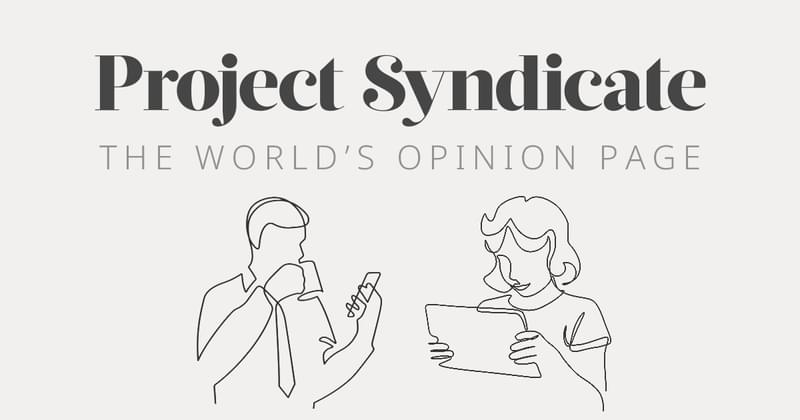CNBC on Supreme Court’s EPA ruling
The ruling may not be as dire as it could’ve been, but experts believe it could help the fossil fuel industry delay moves to decarbonize the economy by paving the way for them to challenge new regulations in court.
“I’m decidedly of two minds here. On the one hand, yes, this is a rather narrow ruling, at least relative to what could have happened. That’s the silver lining and partial good news of the day,” Gernot Wagner, climate economist at Columbia Business School, told CNBC.
“On the other hand, the fossil industry — coal interests, really — knows that they are losing the war. All they are banking on is anything that helps delay the inevitable. And yes, this ruling does limit regulatory options and hands coal plants yet another tenuous lifeline.”
In particular, the ruling opens the door to more litigation, which will inevitably delay decarbonization.
“More importantly, of course, this isn’t the end here. Any EPA regulation — any legislation, too — will be litigated. All of these delays will add up, and the same will hold true: Any delay is a win for fossil/coal interests and a loss for everybody else,” Wagner said.
“So yes, EPA can regulate coal itself, which will make coal (even) more expensive and might lead some companies to exit coal as a result. But any time that happens, the plant will presumably cry foul, sue, and courts will (presumably) agree and interpret the SCOTUS ruling as saying that regulation can’t be too burdensome, lest it leads to fuel switching — and we’re back at the beginning.”
Cited in: "The Supreme Court’s EPA ruling is a big setback for fighting climate change, but not a death knell" by Catherine Clifford, CNBC (1 July 2022).



